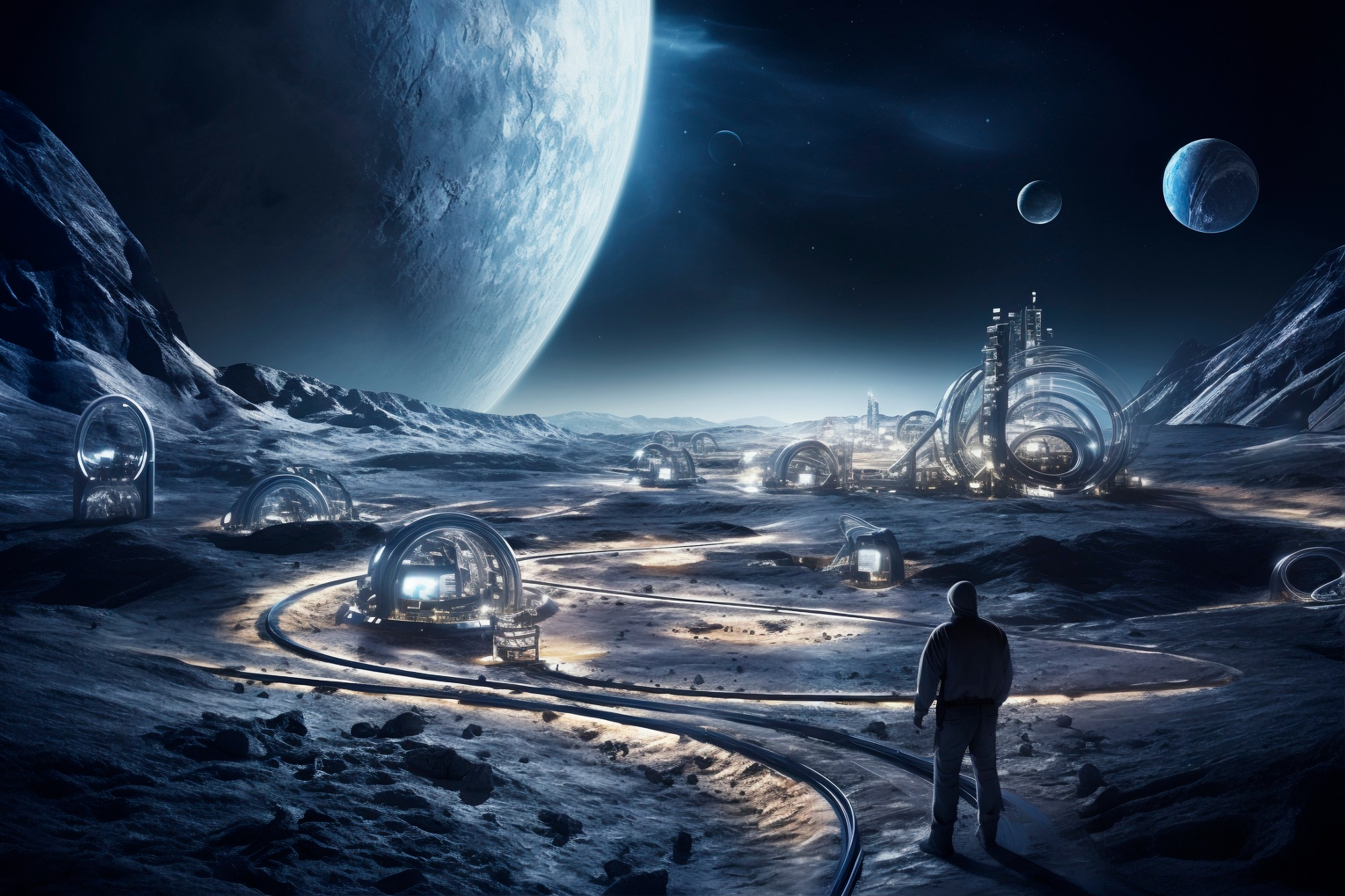Firstly, asteroid mining is a new possibility that has emerged for humans in this modern era. Asteroids are solid masses containing different minerals that revolve around the solar system. They contain valuable minerals such as gold, platinum, and titanium, which can be worth trillions of dollars. If we are able to mine such asteroids, it will benefit not only humans but also Mother Earth. Similarly, outer space is a vast expanse that is hard to imagine. The fastest man-made object travels at a speed of 180,000 kilometers per second, which may seem fast but is very slow compared to the enormous space. Astrophysicists estimate that it will take around 8,000 years for us to reach the nearest star, Proxima Centauri, at this speed. Space exploration can help us develop new technologies that enable faster travel. Also, while our Mother Earth has been kind to us, species have thrived in it. In the past few million years, there have been five mass extinctions on Earth, with the extinction of dinosaurs being the most well-known. We cannot say that the mass extinction of humans will not occur. Space exploration helps researchers find ways to evacuate humans from Earth during times of catastrophe, ensuring the continuation of our civilization in the universe.
Many people raise the topic that there are more pressing problems on Earth, such as poverty, or argue that space missions are pointless and expensive. However, many of the things we use today are a result of space exploration. For instance, the small and compact camera in your smartphone was invented for NASA’s space program. We use scratch-resistant Gorilla Glass, which was developed for astronauts’ space suits. The invention of water filtration, which we use in our daily lives, was driven by the expensive cost of sending water into space for astronauts.
As of now, we understand the significance and advantages of space exploration. Have humans taken any steps to explore the enormously large space with infinite possibilities? Yes, there have been many successful space programs by different space organizations. NASA, a US government-funded space organization, has sent humans to the moon and launched powerful telescopes into outer space for detailed views of our universe and celestial bodies such as black holes, dwarf stars, neutron stars, and exoplanets. They have also discovered many Earth-like habitable planets. Recently, they launched the James Webb Space Telescope (JWST), which provides even clearer and higher-resolution pictures of different galaxies. Similarly, SpaceX, a private space and research company, has succeeded in making reusable rockets, which can reduce the cost of exploration. Lastly, we have ISRO, an Indian government-funded space and research organization, which has successfully traveled to different planets and landed rovers or satellites for research on Mars and the Moon. These missions help us understand their atmospheric compositions and the possibility of life. There are many other planned future space programs as well.
In a nutshell, space exploration has become significant for our daily lives and the future of human civilization. Space holds enormous possibilities, and as human beings, we explore it not because we have to, but because we see the benefits in it. Space exploration will only increase and make our lives easier in the future. Therefore, we should support it, recognizing its significance and importance in our lives.
By: Prazen Maharjan (Science, I1)







